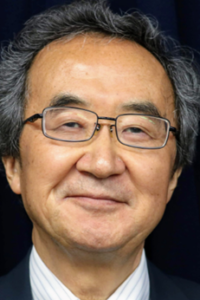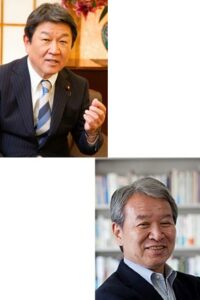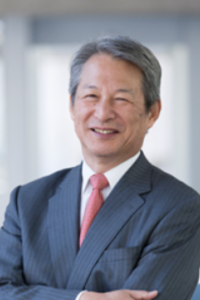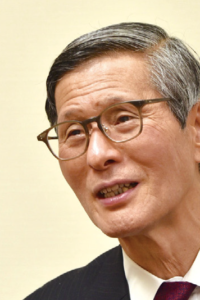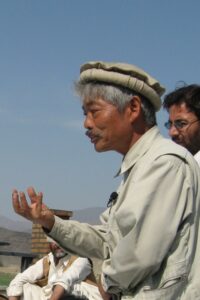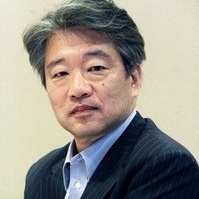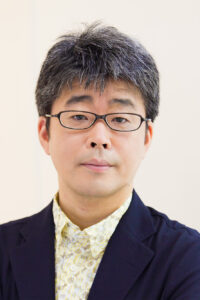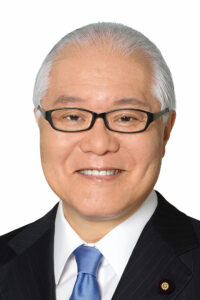
Various challenges such as political leadership, preparation of medical systems, the relationship between the central and local governments, and the requirements of an emergency law on infectious diseases have become apparent as we respond to the unprecedented infectious disease (COVID-19). An expert on global health administration lays out a comprehensive set of issues for the current and future public health emergencies. Takemi Keizo, member of the House of Councillors At the time of writing this article, the world was facing the biggest global-health crisis of the twenty-first century due to COVID-19. From the end of 2019 and into 2020, COVID-19 had spread not just within China from Wuhan City in Hubei Province, but also to Japan and the rest of the world, owing to the fact that its initial spread coincided with the Chinese New Year holiday. As Chairperson of the Special ... ... [Read more]
